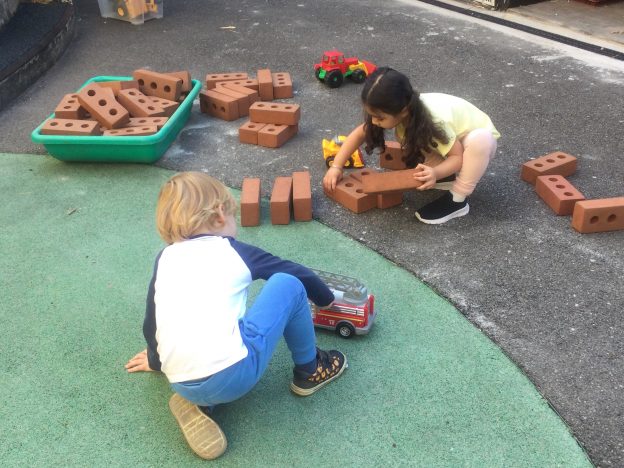Address:
William Patten Primary School
Stoke Newington Church Street
London N16 0NX
Office Manager: Rita Quigley
SENDCo: Caitlin Shaw
William Patten Primary School
Stoke Newington Church Street
London N16 0NX
Office Manager: Rita Quigley
SENDCo: Caitlin Shaw

‘Schools should not include burdensome evidence gathering requirements against any of the areas of learning in their assessment policies so that teachers and practitioners can spend as much time as possible interacting with children and directly supporting their learning and development.’ (EYFS Handbook 2022)
When a child first starts in the Nursery or in Reception, the EYFS staff complete an on-entry or baseline assessment. This helps to identify the child’s stage of development and plan for their next steps. This baseline assessment will help form a judgement about which developmental band the child is functioning in and to highlight the on-entry levels on the assessment sheets. Staff use different types of evidence to form the on-entry judgement such as but not limited to observations, previous reports, progress checks, school visit parent questionnaires and interviews and day-to-day interactions with the children. This on-entry assessment should be completed within 4 weeks of the children starting at school. In addition to this, the Reception Baseline Assessment (statutory from September 2021), will be administered to all Reception children, during the first 6 weeks of the autumn term.
Ongoing formative assessments, based on the teacher’s knowledge of the child supported by a firm understanding of children’s developmental ages and stages (DM statements) ensures that teachers know children’s developmental needs. Termly summative assessments, in all areas of learning, allows teachers to track children’s progress and identify children needing additional support.
Observations, photos and work samples are used to monitor a child’s progress, using the Development Matters statements as a guide, and to set relevant and appropriate next steps. Photos of children engaged in child-led, adult-led, play and exploration are shared with parents, to help them gain an insight into their child’s experiences at school, their development and targets.
In Reception children’s English, maths, RWI and handwriting books also record children’s progress throughout the year.
Assessment data is monitored and tracked by the Early Years Lead; this helps with planning, interventions and identifying areas that parents can work on at home.